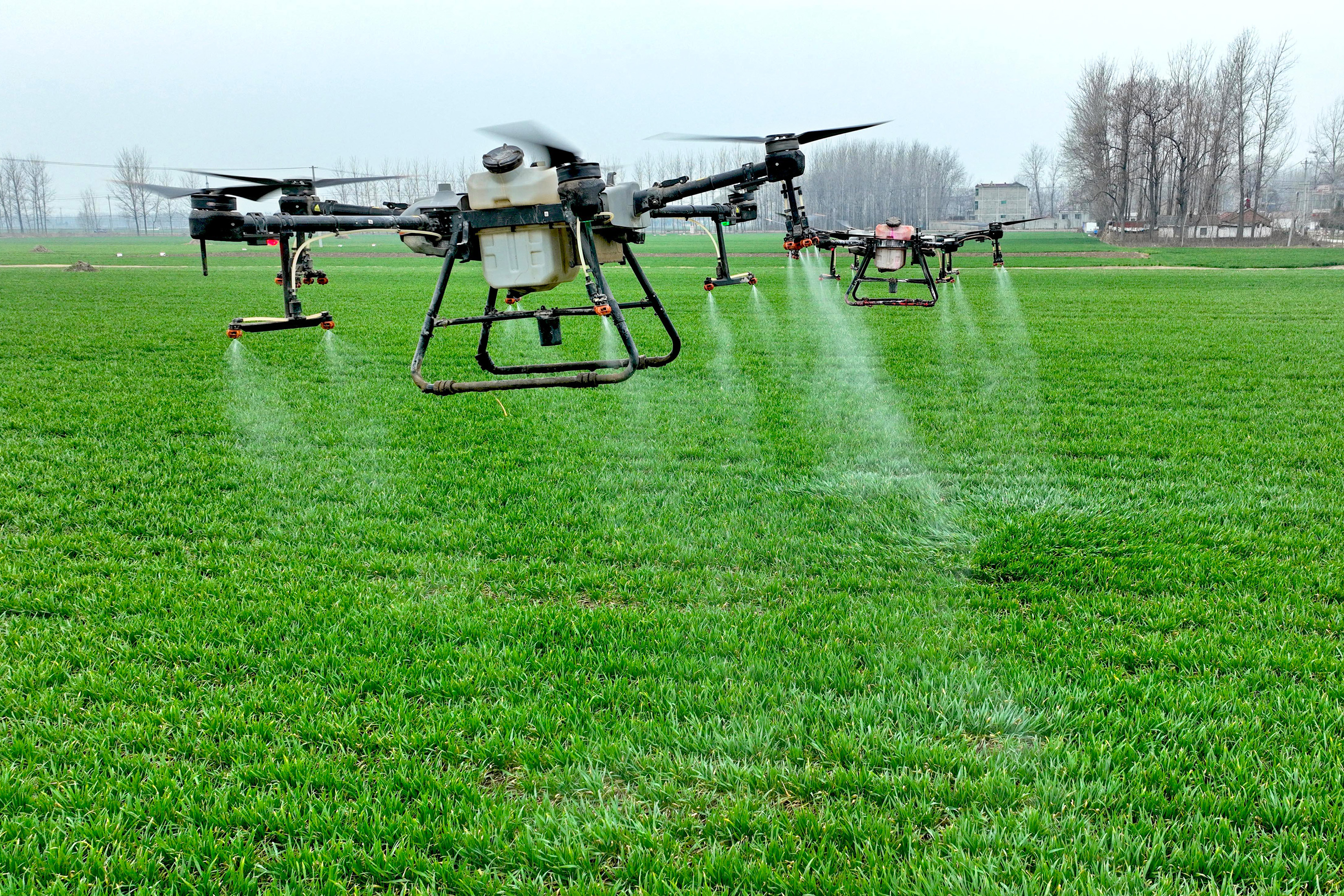
Several producers in China have already switched to smart agriculture. In 2020, China's smart agriculture industry was estimated to have a value of over 62 billion yuan.
The use of information technology to improve the quality and efficiency of agriculture is being researched in many countries, among which the new model of intelligent agriculture based on artificial intelligence (AI) is developing rapidly. AI is slowly conquering the field of agriculture as well, so the transformation of agriculture as we know it is underway.
AI in agriculture can be divided into five categories:
1. Agricultural robots
2. Crop and soil inspection
3. Intelligent planting
4. Inspection of livestock
5. Use of drones
Agricultural modernisation is included in China's 14th Five-Year Plan. Current agricultural policies aim to improve the quality and nutrition of crops, which means teaching farmers how to maintain yields without excessive use of fertilisers and pesticides. China has formulated a vision for the future of agriculture. We need to improve the quality of farmland by using high-quality farming infrastructure and techniques.

China's policymakers and stakeholders remain committed to leveraging additional resources to optimise sustainable agricultural productivity, supported in recent years by the use of emerging digital technologies – pushing for smart agriculture while incorporating advanced information and communication technology (ICT), infrastructure to agriculture – leveraging the Internet of Things (IoT), artificial intelligence (AI), robots and drones to strengthen rural development.
Several producers in China have already switched to smart agriculture - with just a smartphone. Farmers can monitor air temperature and carbon dioxide levels in greenhouses in real-time and remotely contact experts for guidance on best agricultural practices for the planting season that can improve agricultural production efficiency and boost the country's rural development.
For example, AIForceTech, a Chinese startup offering intelligent agricultural equipment. Founded in 2019, AIForceTech offers unmanned agricultural equipment and farm labour services that increase productivity and help offset labour shortages. One of its products, Virtual Driver, can be connected to a wide range of commercially available agricultural equipment. Tractors equipped with Virtual Driver enable 24-hour unmanned operation, tillage management, levelling, planting, weeding, pesticide spraying and other labour-intensive tasks. The weed control function can significantly reduce the use of pesticides.
The author is a researcher at the Eurasia Center and Director of the Confucius Institute at the University of Szeged